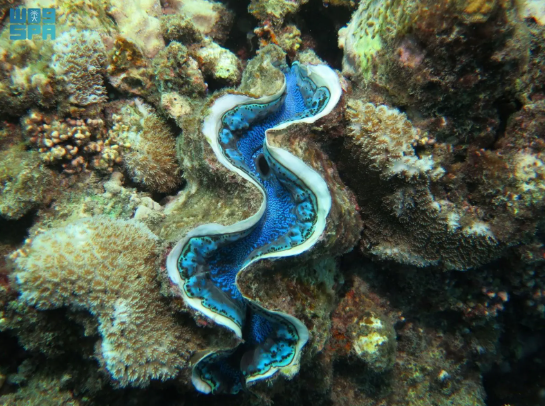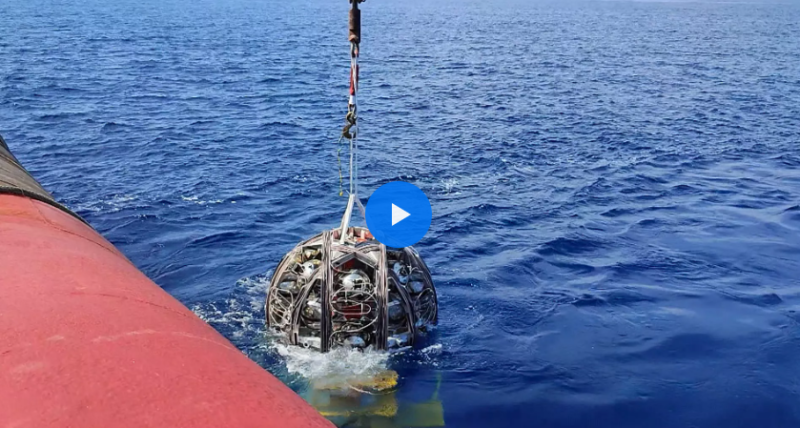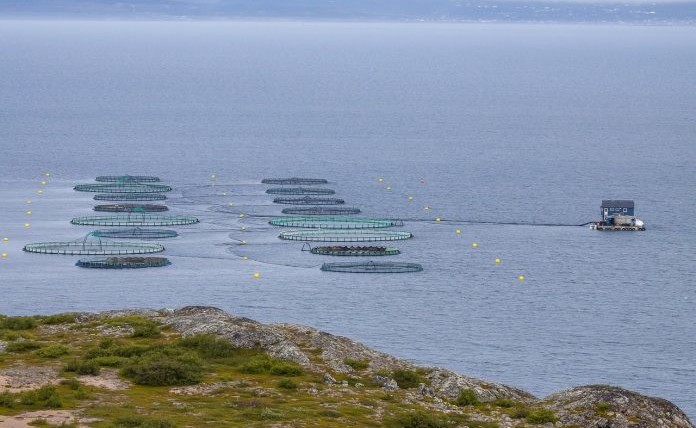Jeddah, August 11, 2025, SPA — Saudi Arabia is stepping up efforts to protect its marine ecosystems and ensure the security of its blue economy, a strategic sector expected to generate nearly 22 billion riyals and create 100,000 jobs by 2030.
However, this ambitious goal faces environmental threats, notably the proliferation of invasive marine species. Carried by maritime traffic or aquaculture, these species place increasing pressure on coastal ecosystems and cause global economic losses estimated at tens of billions of dollars annually.
To address this challenge, the King Abdullah University of Science and Technology (KAUST), in partnership with the National Center for Wildlife Development (NCW), has launched a major scientific project. Its aim is to monitor these species and assess the risks they pose, creating a critical database to protect Saudi coastlines and preserve their ecological and economic resources.
Dr. Mohammed Qurban, CEO of NCW, emphasized that invasive species represent a growing ecological and economic threat. He stressed the urgency of safeguarding marine ecosystems, especially as key sectors like coastal tourism and aquaculture are expanding. He added that collaboration with KAUST will enable the development of scientific assessment tools, risk models, and early warning systems to better anticipate these threats.
As part of the project, researchers studied 34 sites in the Red Sea and Arabian Gulf, collecting over 10,000 marine samples. These analyses identified approximately 200 potentially invasive species, including more than 70 non-native species already present in Saudi waters. The findings highlight the severity of the threats and the importance of a sophisticated scientific response.
The NCW also organized a workshop with KAUST to train its teams on invasive species risk assessment protocols, their environmental and economic impacts, and advanced techniques.
This collaboration between research institutions and environmental authorities represents an integrated model aimed at enhancing scientific knowledge, developing sustainable policies, and ensuring the continued growth of Saudi Arabia’s blue economy.
Source: SPA




